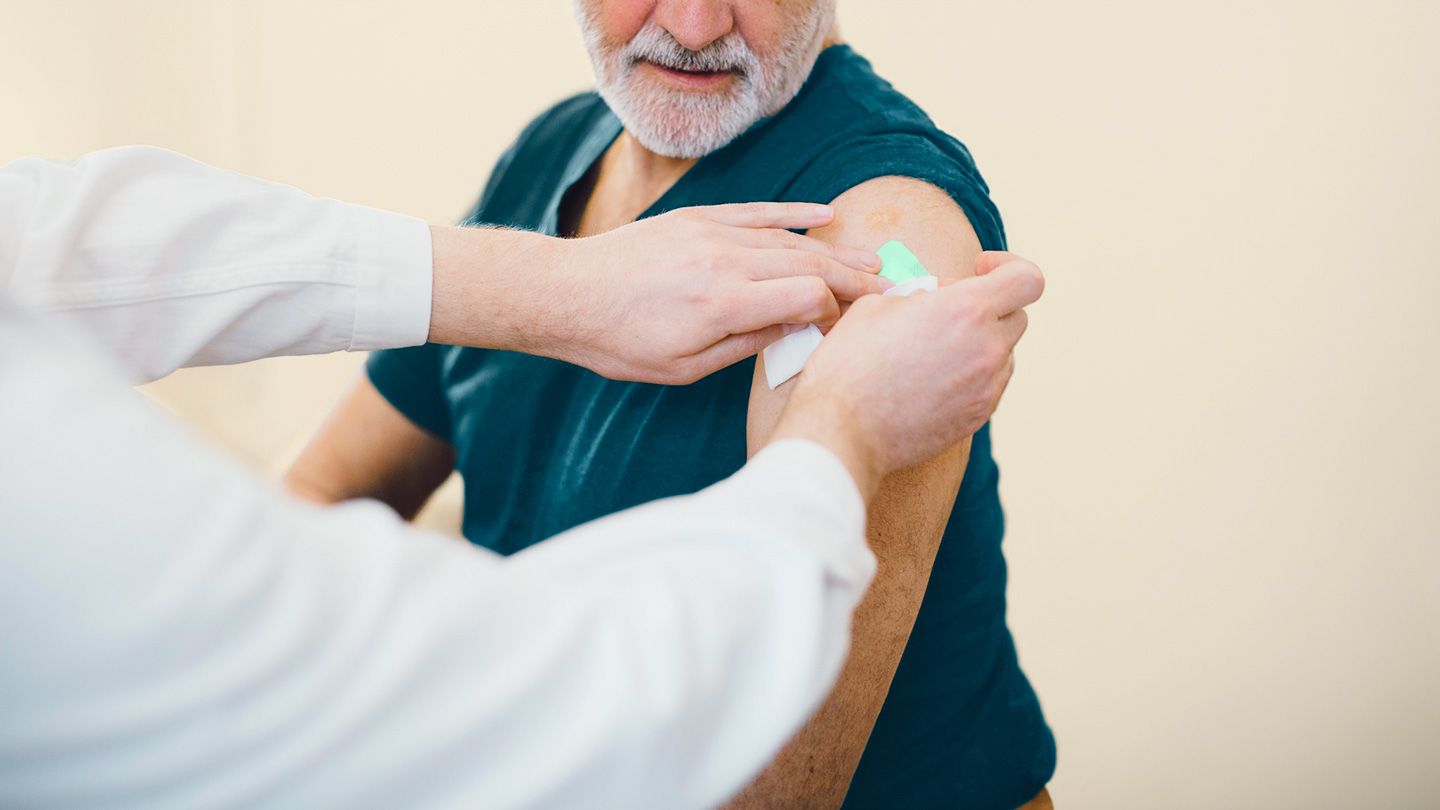The shingles vaccine is associated with a significantly lower risk of heart disease, a new study suggests.
The investigators examined data on more than a million South Korean adults age 50 and older, half of whom received the shingles vaccine and half of whom did not. Those who did get vaccinated received what’s known as a live zoster vaccine, an older option that contains a weakened form of the varicella zoster virus that causes shingles.
Key Study Findings
In the study, shingles vaccination was associated with the following risk reductions:
- 26 percent lower risk of stroke
- 35 percent lower risk of heart attacks
- 26 percent lower risk of heart failure
- 29 percent lower risk of the heart rhythm disorder known as atrial fibrillation
Overall, the risk reduction was more pronounced for males, dropping 27 percent compared with 20 percent for females.
People younger than 60 saw a greater benefit than older people, with their risk dropping 27 percent compared with 16 percent for individuals 60 and older.
These protective effects lasted up to eight years, the study found, with the greatest risk reduction observed two to three years post-vaccination.
How Might the Shingles Vaccine Prevent Heart Attack and Stroke?
Shingles can lead to blood vessel damage, inflammation, and blood clots that could result in heart disease, says Sharon Curhan, MD, a physician and epidemiologist at Brigham and Women’s Hospital and Harvard Medical School in Boston who wasn’t involved in the new study.
“By preventing shingles, vaccination may lower these risks,” Dr. Curhan says. “There is evidence that the shingles vaccine may help lower the risk of heart disease even in people without known cardiovascular disease risk factors. This suggests that shingles vaccination could provide health benefits beyond preventing shingles.”
The Study Has Some Limitations
The study wasn’t a controlled experiment designed to prove whether or how the shingles vaccine might directly prevent heart disease. It’s also possible that results from Korean adults might differ from what would happen with people from other racial or ethnic groups — and that results with the older live virus vaccine used in South Korea might differ from results with the new Shingrix vaccine used in the United States.
Even so, the findings build on earlier research that has documented an increased risk of cardiovascular disease issues when people do get shingles.
Shingles increases the risk of heart attack and stroke even after accounting for other risk factors like high blood pressure, elevated cholesterol, and smoking, says Galen Foulke, MD, an associate professor at Penn State College of Medicine and Penn State Health Hershey Medical Center in Pennsylvania, who wasn’t involved in the new Korean study.
“Even when controlling for these features, we see a clear risk from shingles itself,” Dr. Foulke says.
How Does Someone Get Shingles?
Read the full article here




